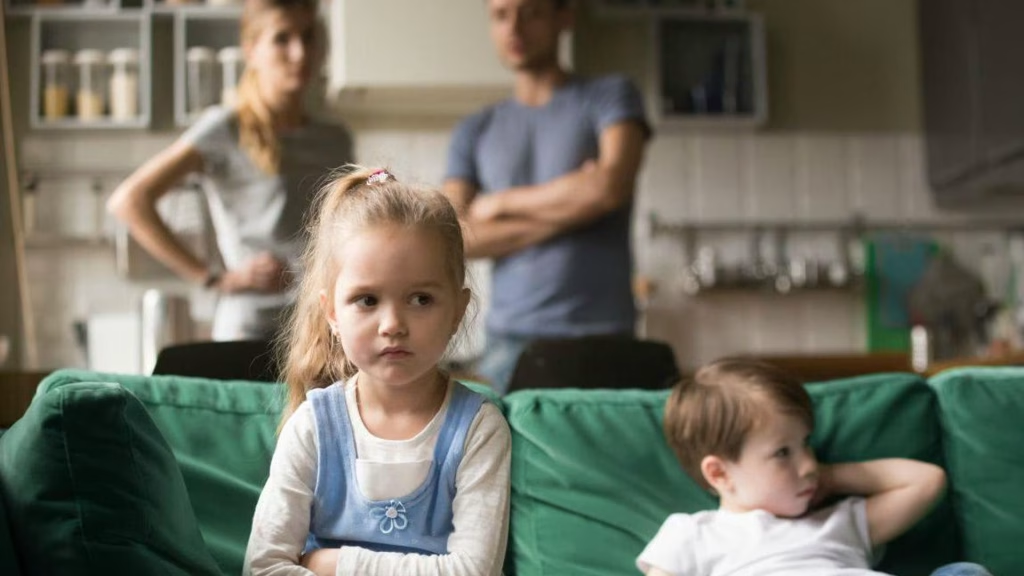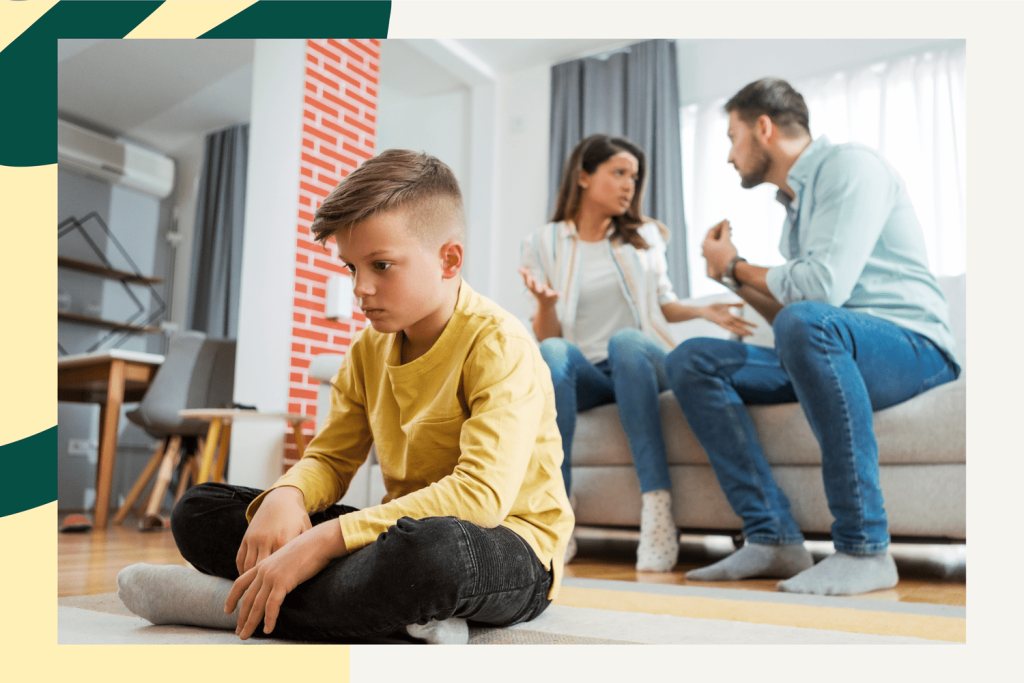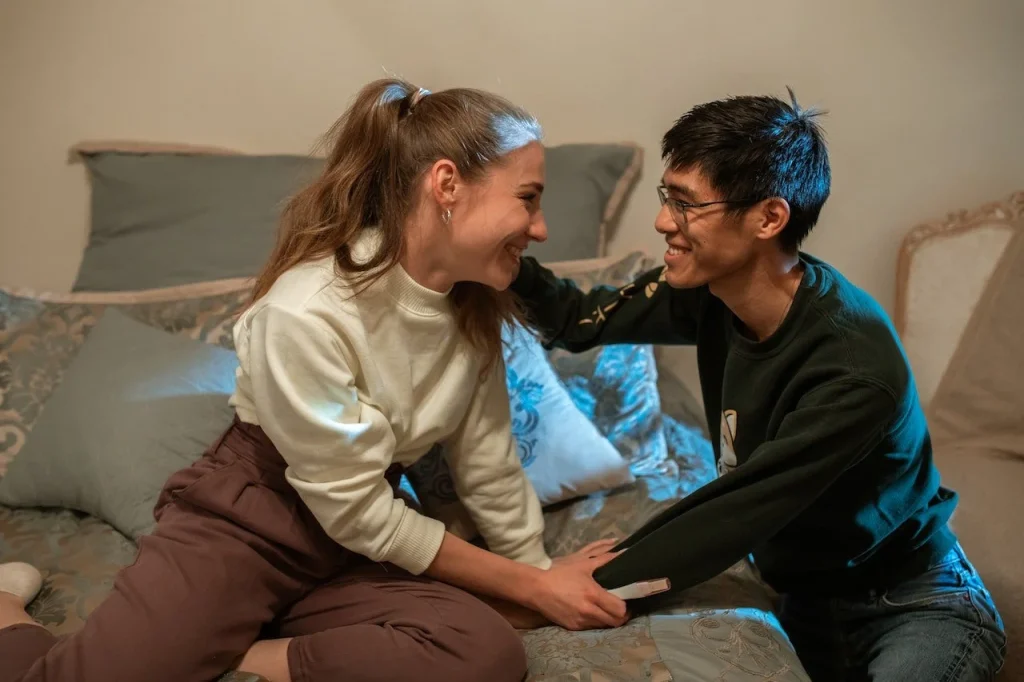Managing Jealousy Between Siblings at Home Effectively
Have you ever noticed how a small look can trigger a big reaction between siblings? Many parents recognize this moment instantly and feel unsure how to respond. Jealousy between siblings often appears suddenly but grows from quiet comparisons. Children watch closely who gets attention, praise, or comfort during stressful moments. These observations shape emotions long…
Read more










